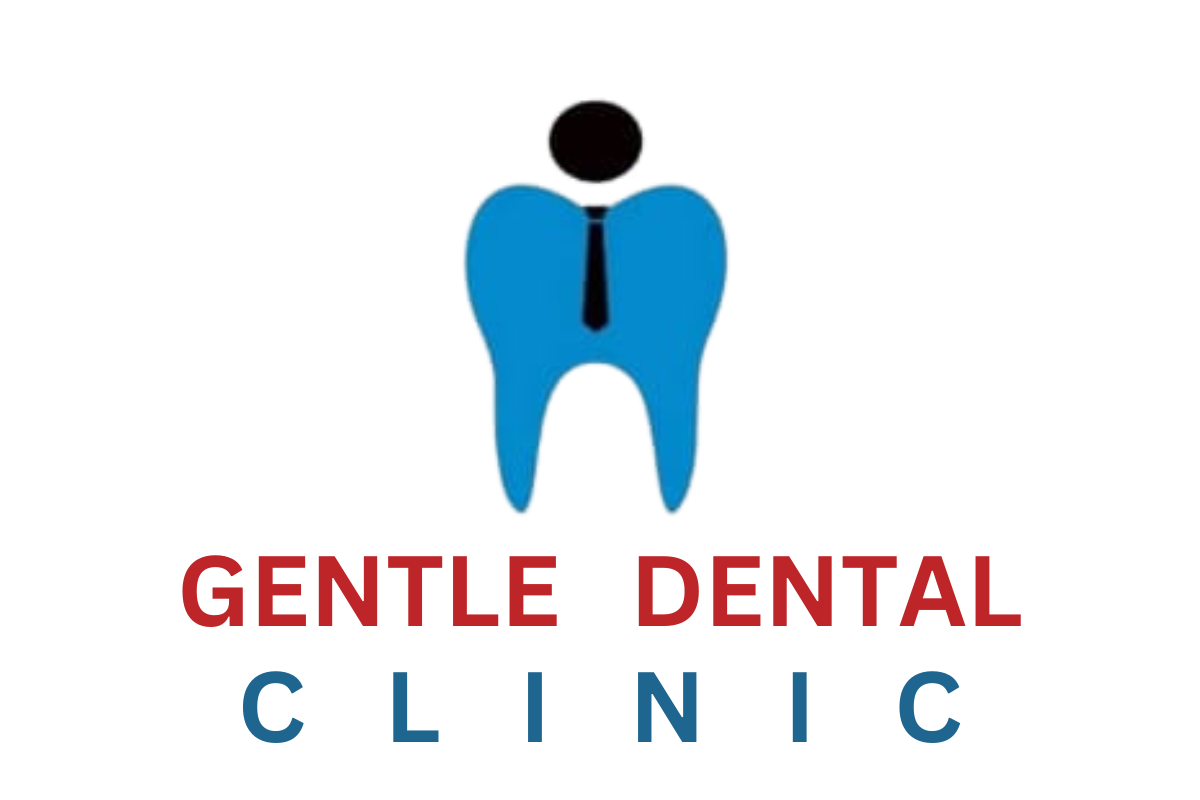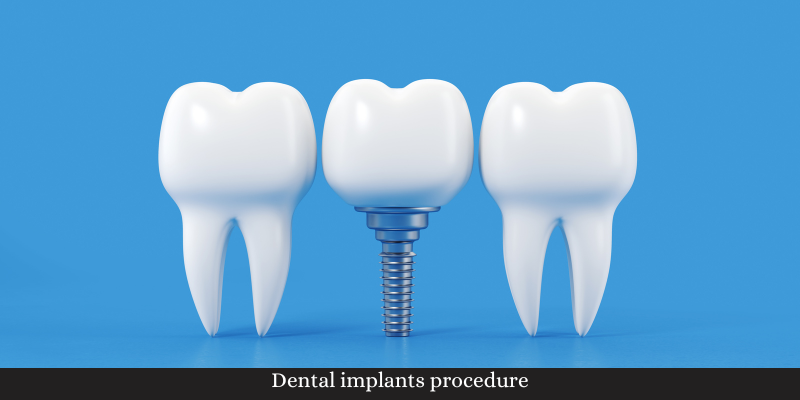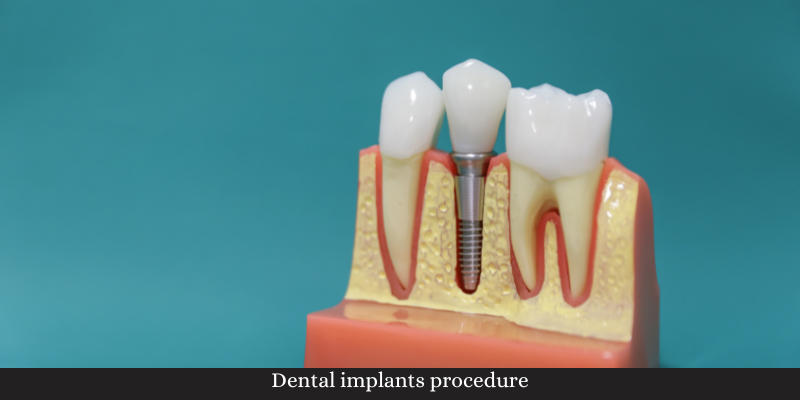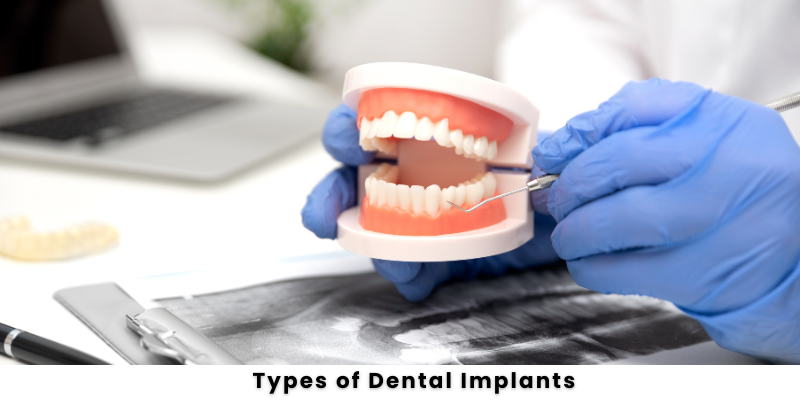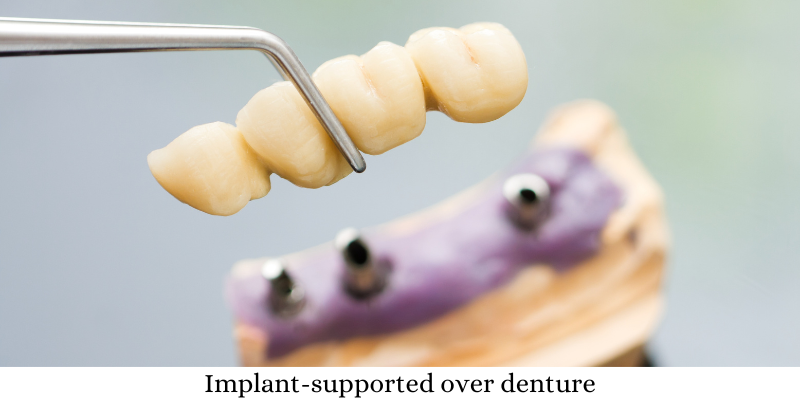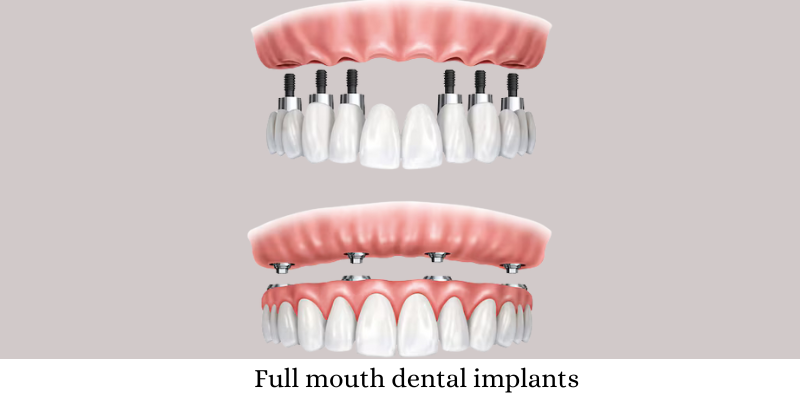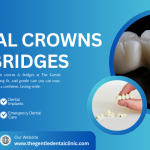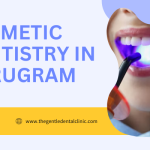Full Mouth Dental Implants
Full mouth dental implants are an advanced restorative dental solution designed to replace all the teeth in the upper or lower jaw, or both, for individuals who have lost their natural teeth due to decay, disease, or injury. Unlike traditional dentures, which may rest on the gums and be removable, full mouth dental implants provide a more permanent and stable solution, mimicking the function and appearance of natural teeth.
This procedure involves the strategic placement of multiple dental implants, typically made from biocompatible materials like titanium, into the jawbone. These implants act as artificial tooth roots, providing a secure foundation for the attachment of a full arch bridge or denture.
The full mouth dental implant process begins with a comprehensive evaluation, including imaging studies to assess bone structure and oral health, ensuring candidates are suitable for the treatment. The surgery involves placing implants into the jawbone, where they undergo osseointegration, a process during which the bone fuses with the implants, creating a durable and stable anchor. Once healed, custom-designed prosthetic teeth are affixed to the implants, restoring function and esthetics.
This transformative procedure not only enhances the ability to chew and speak but also significantly improves self-esteem and quality of life by offering a natural-looking and permanent solution to complete tooth loss.
Benefits Of Full Mouth Dental Implants
Full mouth dental implants offer a comprehensive solution for individuals who have lost most or all of their teeth, providing numerous benefits that can enhance quality of life significantly. One of the primary advantages is the restoration of full chewing functionality, enabling patients to enjoy a diverse diet without the restrictions often associated with traditional dentures. This improvement in dietary options can lead to better overall nutrition and health.
Additionally, full mouth implants are designed to mimic the appearance of natural teeth, enhancing not only functionality but also aesthetics. This can greatly boost self-confidence and reduce self-consciousness about one’s smile.
Moreover, dental implants are anchored securely into the jawbone, which provides stability and prevents embarrassing slips or movement that can occur with dentures. This stability also promotes better speech and eliminates the fear of dentures falling out while talking or eating. Importantly, full mouth dental implants help preserve jawbone density, preventing the bone loss that often accompanies tooth loss, thereby maintaining facial structure and preventing the sunken appearance that can develop with extensive tooth loss.
Unlike dentures, which may require periodic adjustments and replacements, dental implants are a long-lasting solution, offering durability and convenience. This makes them a cost-effective investment over time, as they require minimal maintenance, further adding to their appeal as a viable option for restoring dental health and confidence.
Types Of Full Mouth Dental Implant Procedures
Full mouth dental implant procedures are comprehensive treatments designed to replace all teeth in the upper and/or lower jaw. There are several types of procedures that cater to varying needs, preferences, and anatomical conditions of patients. One of the most common approaches is the All-on-4 technique, which involves placing four dental implants strategically in the jawbone to support an entire arch of prosthetic teeth.
This method is favored for its efficiency and minimal recovery time, allowing patients to regain full functionality and aesthetics with fewer implants and often eliminating the necessity for bone grafting. Another approach is the All-on-6 procedure, which uses six implants to anchor the denture, providing enhanced stability and distribution of force, making it more suitable for patients with existing jawbone density concerns.
For situations where significant bone loss has occurred, zygomatic implants may be used, anchoring the implant in the zygomatic bone rather than the maxilla, offering a secure solution without the need for extensive grafting. Traditional dental implants are another option, where individual implants are placed for each tooth, often requiring bone grafts and a longer treatment period. Each type of full mouth dental implant procedure offers distinct advantages and considerations, tailored to meet the unique needs of the patient, ensuring a natural appearance and improved oral health.
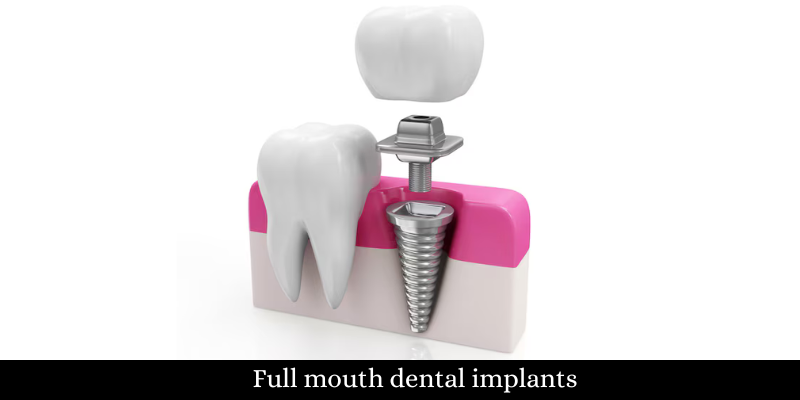
The Full Mouth Implant Process: Step-By-Step
The process of obtaining full mouth dental implants is a comprehensive and transformative procedure that requires meticulous planning and execution. It begins with an initial consultation, where a thorough examination is conducted to assess the patient’s oral health, bone structure, and suitability for implants. During this stage, X-rays and 3D scans are typically performed to create a detailed map of the mouth, allowing the dental specialist to plan the placement of implants with precision.
Once the patient is deemed a suitable candidate, the next step is the surgical placement of the implants. This involves inserting titanium posts into the jawbone, which serve as artificial roots for the new teeth. This procedure is usually performed under anesthesia to ensure patient comfort. After the implants are placed, a healing period is necessary, allowing time for osseointegration, where the implants fuse with the jawbone to provide a stable foundation for the prosthetic teeth.
This healing phase can take several months.
Following successful integration, the next stage involves uncovering the implants, if necessary, and attaching abutments, which are connectors that hold the prosthetic teeth securely in place. Finally, custom-designed prosthetic teeth are fabricated and fitted onto the abutments. These prosthetics are designed to mimic the appearance and function of natural teeth, providing a durable and aesthetically pleasing solution. Throughout the process, regular follow-up appointments ensure the implants are healing correctly and that the prosthetics fit comfortably, culminating in a restored smile.
Recovery And Aftercare For Full Mouth Implants
Recovery and aftercare are critical components of the full mouth dental implants process, ensuring optimal healing and long-term success. Immediately following the surgery, patients may experience swelling, discomfort, and minor bleeding, which are common and typically subside within a few days. To alleviate these symptoms, dentists often recommend over-the-counter pain relievers and the application of cold compresses to the affected areas.
Rest is crucial during the initial recovery period, so patients should take time off work and avoid strenuous activities to facilitate healing.
Proper oral hygiene is essential to prevent infection and ensure the longevity of the implants. Patients should gently rinse their mouths with a prescribed antiseptic mouthwash and carefully clean the surrounding areas without disturbing surgical sites. Following the dentist’s specific instructions on brushing and flossing techniques is vital to maintain good oral health. Dietary adjustments are also important; a soft food diet should be followed, gradually reintroducing harder foods as healing progresses.
Regular follow-up appointments with the dental provider are necessary to monitor recovery and address any concerns or complications. These visits allow for the assessment of the implants’ integration with the jawbone and the overall health of the gums. With diligent care and attention to post-operative instructions, patients can expect to transition smoothly to a durable and functional set of teeth provided by full mouth dental implants.
Full Mouth Dental Implants: Everything You Need to Know
Full mouth dental implants are a permanent, natural-looking solution for replacing missing teeth. Unlike dentures, implants are securely placed in the jawbone, offering superior comfort, stability, and functionality. They help restore your smile, improve chewing ability, and prevent bone loss, ensuring long-term oral health.
This guide covers everything you need to know about full mouth dental implants, including the procedure, benefits, recovery process, and long-term care. Whether you’re looking for a durable tooth replacement option or want to regain confidence in your smile, dental implants provide a lasting, life-changing solution. Learn how expert implant dentistry can transform your oral health today
Frequently Asked Questions.
How long do full mouth dental implants last?
With proper care, full mouth dental implants can last a lifetime. The titanium implants integrate with the jawbone permanently, while the prosthetic teeth may need replacement after 10-15 years due to normal wear.
Is the full mouth dental implant procedure painful?
The procedure is performed under anesthesia, so patients typically experience little to no pain. Some discomfort and swelling may occur after surgery, but it can be managed with prescribed medications and proper aftercare.
How long does it take to recover from full mouth dental implants?
Initial healing takes about 1-2 weeks, but full recovery and implant integration with the jawbone (osseointegration) can take 3-6 months. During this time, patients may have temporary teeth before receiving their final prosthetics.
Am I a good candidate for full mouth dental implants?
Ideal candidates have good overall health, sufficient jawbone density, and no untreated gum disease. A dentist will evaluate your oral health and medical history to determine if implants are right for you.
.
📍 Address:House No. 9, Basement, Shrimati Santhosh Yadav Rd,
South City I, Sector 41, Gurugram, Haryana 122001
📞 Call or WhatsApp: +91 94676 02313
📧 Email: info@thegentledentalclinic.com
🌐 Website: The Gentle Dental Clinic
